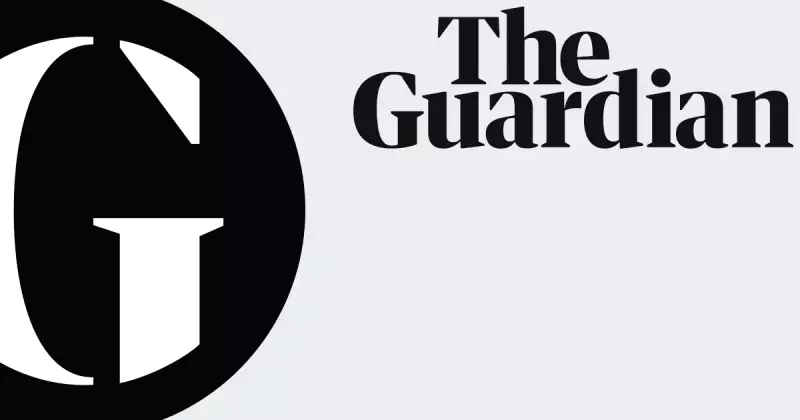
In a surprising move, YouTube, the video-sharing giant owned by Google, is actively seeking exemption from the UK government’s proposed social media ban. The controversial legislation aims to curb harmful content online, but YouTube argues it should not be classified alongside traditional social media platforms.
Why YouTube Wants Out
The company claims its primary function is content hosting rather than social networking, distancing itself from platforms like Facebook and Twitter. A spokesperson stated, "YouTube operates differently—our focus is on long-form video, not real-time interaction."
The Regulatory Battle
The UK government’s draft Online Safety Bill would impose strict penalties on platforms failing to remove illegal or harmful material. Critics argue YouTube’s exemption plea highlights flaws in the legislation’s broad definitions.
Key Concerns:
- Free speech implications of over-regulation
- Potential loopholes for other platforms
- Enforcement challenges for regulators
Digital rights campaigners warn that arbitrary exemptions could undermine the law’s effectiveness. "Picking winners and losers in platform regulation sets a dangerous precedent," said one advocacy group director.
What Comes Next?
Parliamentary committees are reviewing the bill amid growing tech industry pushback. The outcome could reshape how UK users access online content—and whether YouTube gets its wish.





